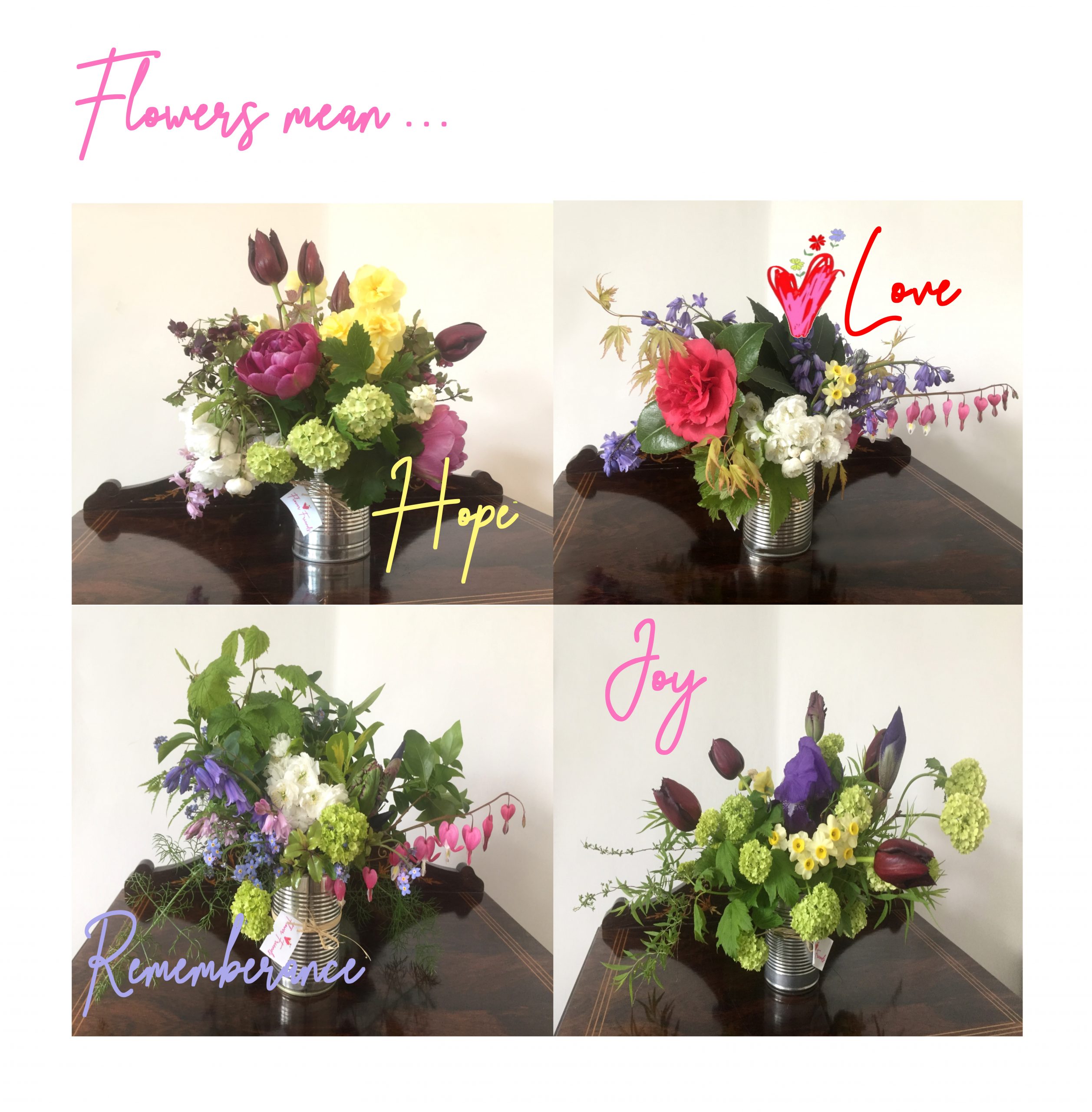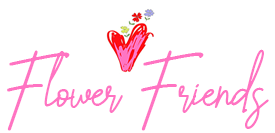The language of flowers

This week, as I walked to the Brent Mencap and Harlesden Town gardens to gather their flower donations, I contemplated the language of flowers and their meaning to the vulnerable people we’ve been giving them to. As an obviously massive flower fan (I really do think they are the most beautiful beings on Earth!) I couldn’t help but imagine what unique kind of magic each flower would weave on our recipients’ thoughts, feelings and memories, through their colour, shape and scent.
My dear old dad, now sadly departed, used to love daffodils because, as an orphan left abandoned as a baby, he yearned for a sense of belonging. Yellow daffs spoke to him with the promise of sunshine, hope and new beginnings. Ironically as a young man, he discovered that his birth name was Powell, originating from Wales, the daffodil being its national flower. Of course that made him love them even more. Unsurprisingly, he died in early spring and we said farewell to him covered in a golden blanket of his beloved narcissi, hoping that he’d find them again wherever he was going.
I managed to find a few tiny ones with a divine scent in both gardens. We also used tulips, viburnum, forget-me-nots, cherry blossom, camellia, privet, bay, fennel, love- lies- bleeding (dicentra), raspberry, euonymus, bluebells, pittosporum, spiraea, iris, Japanese acer, geranium, Chinese virginia creeper and heuchera.
The baby blue message of forget-me nots re-awoke the memory of the dementia that cruelly took my dad from us. During May, the Alzheimer’s Society, which has adopted this flower as its emblem, will ask us all to remember those who are struggling with or have lost their lives to this heartbreaking disease.
But the sadness melted away when Inez from KTs Care Angels, who arrived to pick up our arrangements for delivery, buried her nose in them and lit up like a rainbow after a storm. I wondered what pot of gold the rainbow had taken her to as she smelt them and hoped that they would have the same effect on the recipients of our flowers .

